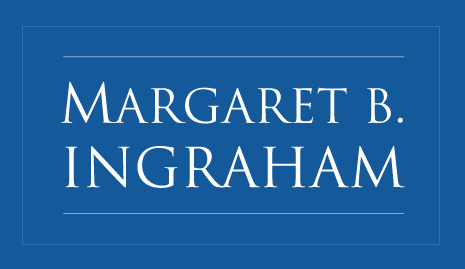Credo
For me, every poem is an act of exploration, a venture, even within the familiar, to find what is new and worthy of attention. The act of composing a poem is an opportunity to behold what is given and then to take firm hold of the gift that it is. In that act, I find meaning; that is, there comes for me – and I hope for the reader — a moment of revelation, of discovering the joy in the comely, the praise in a lament, the beauty in the broken, the novel in the familiar, and always the presence of the creator in the created.
My practice has never been to determine in advance what I will write about. Over the decades I have come to realize, and to glory in the fact, that I do not choose the subjects of my poems. Rather, when I look at or listen to the images, sounds, experiences or memories they open (or re-open) themselves to me. When this occurs, a kind of wonder reveals itself – one that always call forth awe — to the extent that I am attentive to receiving it. It may manifest itself to me in the first notes of the male cardinal’s mating call, or in the way the sunset intensifies and washes over the slope of the hill and transforms the mountain side. It may reveal itself in the twitch of a fish in the mouth of a hungry cormorant, or in my recollection of a father’s steady hand reaching across a creek to guide his daughter to safety, or in the notes that play in my head and seem so much like my mother’s voice, or even in the awkwardness of my own prayer. In other words, my subjects come to me at once as both mystery and familiarity. My role as a poet is to capture them in that moment and then chart their terrain so others may share in it.
While some have characterized my work primarily as that of a nature poet, I do not think of myself that way. I look upon the subjects I explore as elements of a broader creation, that reaches beyond the boundaries of those matters with which the naturalist is concerned. I would hope that my poems will be of interest to the astronomer, the geologist, the psychologist, the social scientist, the theologian, the casual reader of poetry as well.
I do not speak of terrain as a synonym for landscape. Landscape most often deals with the general description of a place, thing, concept, emotion, or relationship. My view of terrain is akin to terroir in that it carefully examines and enshrines the various discrete factors that together define and inhabit a moment, a relationship, an experience. Terrain concentrates intensely on the particular aspects of a narrowly circumscribed space.
It has been decades since my friend and mentor Phyllis Tickle said to me “you have always been a terrain poet,” a categorization of her own making and one unfamiliar to me. But as she spoke I immediately knew her right and I have spent the years since taking that to heart – and exploring not the terrain, but this terrain, the unique “place” I hope every reader will find each poem to be.
— Margaret B. Ingraham
